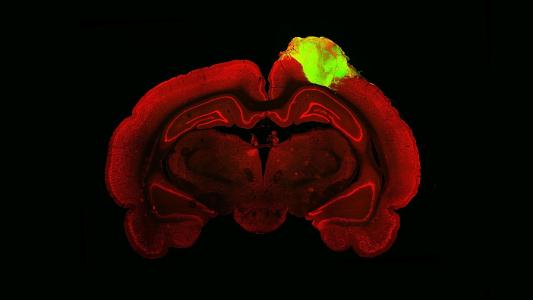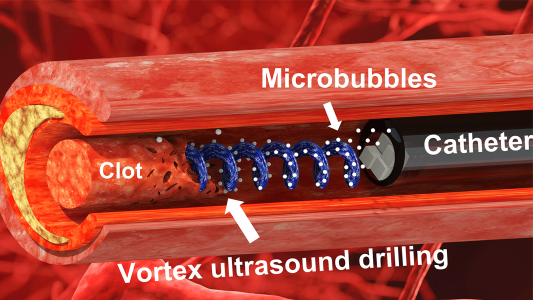Neuroscience
First: Spinal cord stimulation helps stroke survivors control arms again
Spinal cord stimulation has been shown to improve upper-limb mobility in stroke survivors for the first time.
DMT therapy appears effective for depression in phase 2 clinical trial
London-based Small Pharma has released positive top-line results for their phase 2a trial of DMT as an antidepressant.
Mindfulness can slow down the brain’s aging and more
The benefits of practicing mindfulness carry over into everyday life – even when you aren’t actively meditating.
Human-rat brain hybrid shows a way to cure blindness
New research has shown that human “mini brains” can integrate with damaged rat brains to perform functions related to sight.
New blood test predicts Alzheimer’s 3.5 years in advance
A blood sample and machine learning helps predict whether people with mild cognitive impairment will soon develop Alzheimer’s.
Why changing your mind is a feature of evolution, not a bug
Reasoning by yourself is a much weaker tool than contributing your reasoning to a group and being flexible to changing your mind.
The most undervalued problem-solving tool? Lateral thinking.
Lateral thinking is a way of approaching problems. It deliberately forgoes obvious approaches in favor of oblique or unexpected ones.
New brain implant breaks record for turning thoughts into text
Stanford researchers have developed a brain-computer interface that allowed a woman to “type” 62 words per minute using only her thoughts.
This “ultrasound vortex” can quickly clear blood clots
Using spiraling ultrasound waves, researchers hope to remove stroke-causing blood clots faster and safer.









